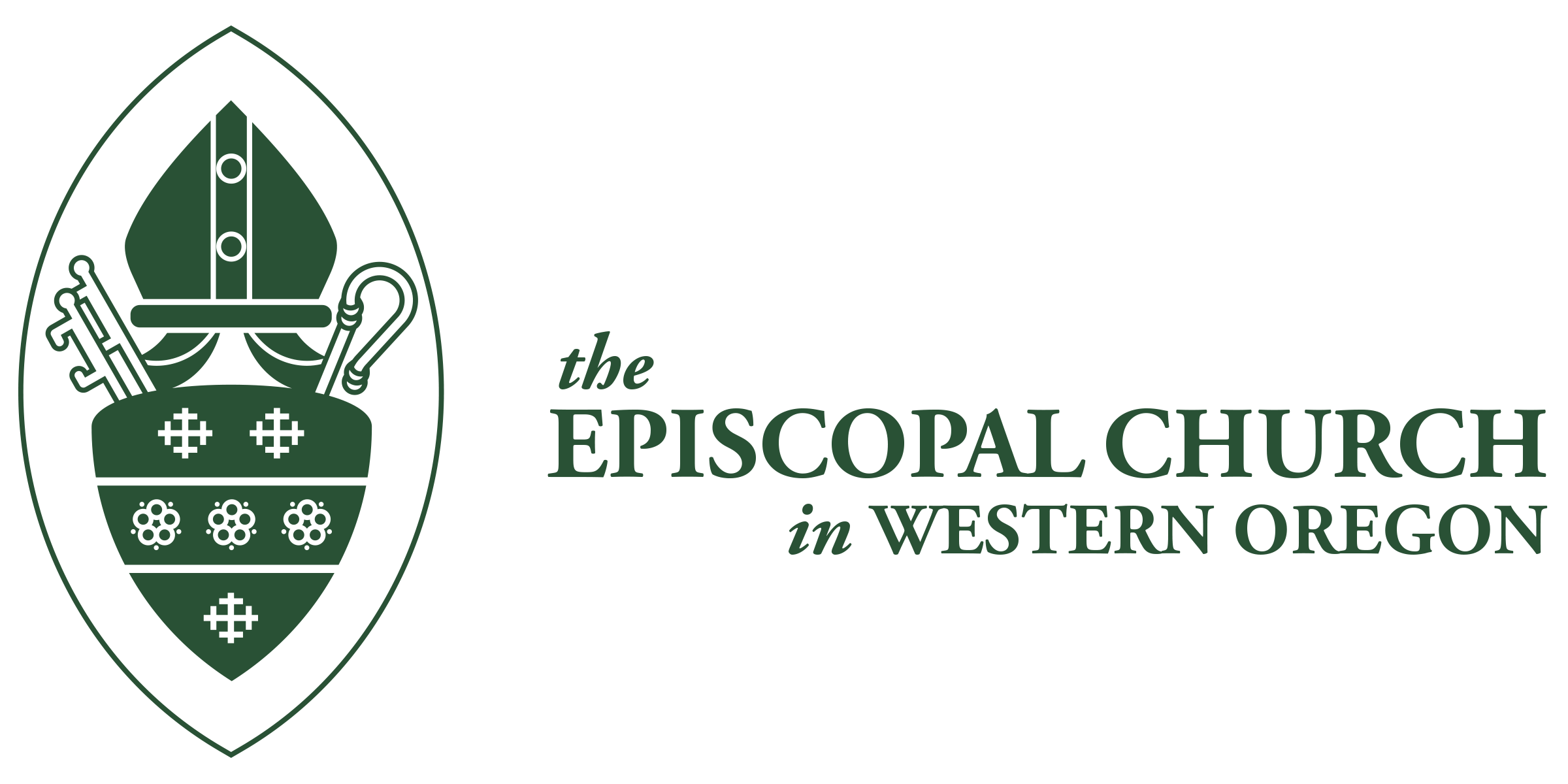I am DONE. I’ve been hearing this phrase, or a version of it a lot lately. It has not been expressed as a form of giving up or going away, rather I hear it in conversations about how one is tired of trying so hard and still not feeling that things are going very well.
I am DONE. As in: done with trying to feel physically connected through an electronic screen
I am DONE. As in: done with over-functioning as a way to feel one is handling the pandemic.
I am DONE. As in: working on days off even though one is exhausted.
It doesn’t escape my attention that we are beginning to feel “done” with pandemic related coping just as more and more people are being vaccinated. As someone recently shared with me, “I had no idea I was feeling so weighted down by this pandemic. After my vaccine shot, I went home and burst into tears of relief and hope.”
And now we are reading news about the variants of the virus as they spread and create new waves of infection just as we were beginning to believe we could see light at the end of the tunnel.
I am DONE speaks not only of fatigue and a yearning to be free. The phrase also gives voice to our human need to be with each other in hugs, in song, and breaking bread together shoulder to shoulder.
These days weigh on us in other ways as well. The heightened awareness that we do not all enjoy equality – that some are more equal than others – cause some to fear, others to learn more and still others to change what isn’t working.
I am DONE. As in: fearing for one’s safety – or that of a child’s – because of racial bias.
I am DONE. As in: reading yet another news report of an innocent person of color being shot by a police officer
The confluence of heightened awareness around social injustice and the threat of this dangerous virus seem, at times, to push us to the breaking point. And as we contemplate our suffering, we may be tempted to compare our circumstance with others who are suffering even more than us. This is never helpful in relieving our own experience of suffering; telling ourselves that we shouldn’t complain because others are worse off does nothing to help us discover our own sources of strength and hope.
When I was 22 years old, I was going through a crisis that seemed as though it would destroy my life as I knew it. I will always remember the moment I gazed out at the ocean waves of the Oregon coastline and remembered my obachan (grandmother). She was 17 years old when her family said good-bye as she boarded an ocean liner for the United States. Waiting at the port on this side was my grandfather, a young man who would be her husband and whom she’d never met. They married and raised four children while enduring severe hardships.
And I remembered my maternal grandmother who was young, married, raising a toddler and pregnant with my mother while trying to survive the Dust Bowl. Remembering these strong women was not about comparing our suffering. For me, it was a source of hope and strength. It was a sure and certain clarity, “If they could survive, so can I.”
As Post-Resurrection people, we have only ever known hope in the risen Christ. Our “Good Fridays” can seem overly long and unbearable, yet we always known (have never not known) the sure and certain hope of Christ alive – fully alive and unburdened by suffering. Although it would be naive to say, “If Jesus could endure that cross, then so can I;” we can confidently say that whatever we suffer, it will not be forever. Christ has given us that assurance in the mercy shown to us on the cross and the hope promised to us in his resurrection.
Thank God Jesus did not say, I am DONE with these fickle and feckless people.
Thank God Jesus did not say, I am DONE with this whole mess.
Thank God that, in his suffering, he was not done with us; that his love bound us to him. Forever.
